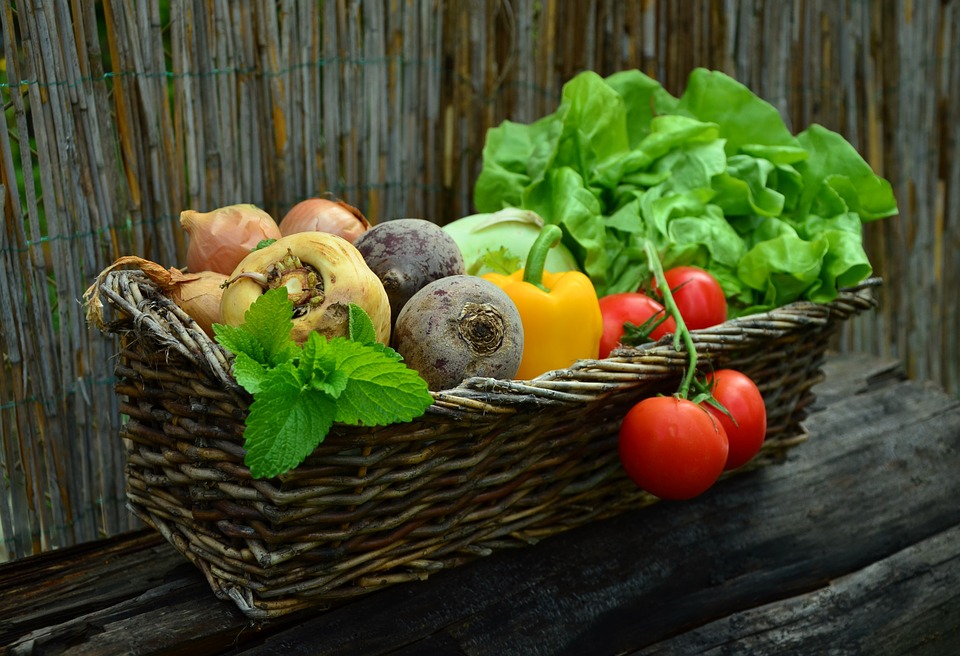There are a number of aspects influencing the success or failure of a cyclist and diet tops the list. Proper nutrition affords you sufficient strength to get you through the ride. Your diet could also make or break your cycling ambition when it comes to surviving long miles on the saddle in addition to determining your ability to train without fatigue. It is, therefore, imperative to consume a well-balanced diet that includes carbohydrates, vitamins, proteins, and fiber. Ideally, bicyclists should ensure to take dense meals prior to a race. Read on if you’re wondering what cyclists consume to fuel those epic pulls, swift climbing stunts and exceptional sprints to the finish line.
The Day Before
On the day before your big day, you can eat a normal meal but remember to drink a lot of water. This is because your body should be optimally hydrated in preparation for the ride. Water should be consumed in plenty the day before the raidedate rather than in the morning of the imminent event. Last minute rush will result in unnecessary toilet stops. If you are traveling long distance the day before your ride, don’t rely on station service food. Take time to pack yourself a bread sandwich, unsalted nuts as well as some fruit for your mid-afternoon snack.
During the Evening
To ensure proper nutrition, you will want to order your evening meal and breakfast for the following day well in advance if you are going to spend the night in a restaurant. Remember that your body can only host a certain amount of carbohydrates comfortably. For optimal results, take a small portion of carbohydrates in the form of pasta, potatoes or rice and don’t overload. You should also avoid heavy foods that are difficult to digest like red meat. Instead, go for light protein foods such as fish or chicken. Moreover, do not overdo fiber and stay away from highly spiced food.
In The Morning
Start taking your breakfast at around 60-90 minutes break before embarking on your ride. Also, in your diet, include fruit drinks that are both healthy and full of nutrition. Eggs and meat should be excluded from your breakfast as they take more time to digest than carbohydrates. Oatmeal, toast, and waffles are the best sources of energy-based carbohydrates. Add a bit of syrup or jam to provide your body with vital sugars needed to start a race dynamically. Coffee also provides a good energy boost, but too much of it can make you feel sick moments before the ride. Equipping yourself with an energy bar in your cycling jersey is reasonable, but generally, the energy from your breakfast and dinner is enough to see you through the ride.
During The Ride
Pacing and fueling link intrinsically. If you push yourself too hard when pacing, your body will be unable to absorb and utilize the whole amount of fuel that you fed it. Therefore, you should settle for a pace that that will be realistic and sustainable as the race begins. Don’t forget to sip from your water bottle as soon as the ride starts. And since many cyclists forget to drink their water especially on cold days, you should set an alarm that will remind you of it after every five minutes.
After The Ride
Because of fueling and pacing in the course of a ride, you are likely to feel hungry but not ravenous. You should, therefore, consume a little energy recovery drink. This gives you sufficient energy to keep you strong as you sort out your bike and kit, as well as changing and showering. It also helps to prevent the urge of overeating when you get the chance to take a meal. Your lunch, which is likely to be delayed, should contain some quality carbohydrates and proteins; ideally, you can consume a tuna sandwich. Just like the pre-ride dinner, after-ride meal doesn’t need to be huge.
As a cyclist, irrespective of the sportive distance you are expected to cover, there are two elements that you should take seriously; these include your training and nutrition. For instance, appropriate nutrition is not only important for surviving the long miles, but also to allow you to enjoy the event. Do not allow your hard earned miles through months of training go to waste due to poor nutrition. Remember to test everything including your biking equipment and diet during your training. Adequate preparation significantly will contribute to your success. More importantly, stay away from alcohol to avoid dehydration but utilize the hydration stations during the race. Maybe after finishing the ride, you could thank yourself with a glass of wine or a bottle of beer at dinner.

